This funeral will not be televised: The encounter of Mannan Wani and the media gag
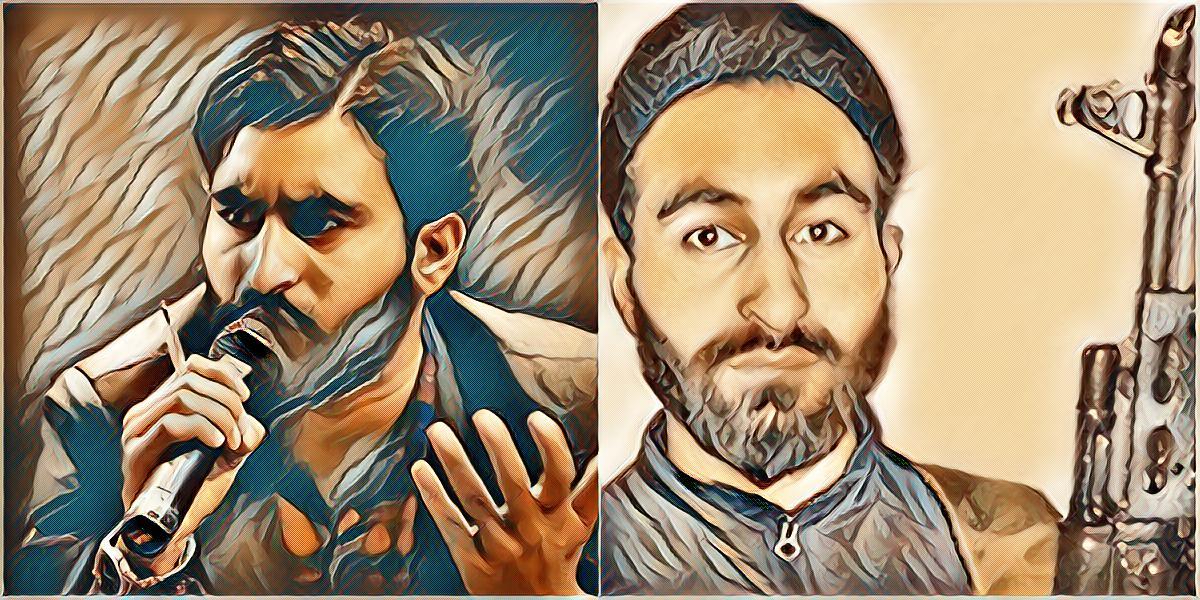
By TCN Correspondent
Kupwara:- October 11 started calmly for Bashir Ahmad Wani. But a call from his friend brought news he had been dreading for some time: his son, AMU’s research scholar-turned militant Mannan Wani, had been killed in an encounter with Indian security forces about 40 kilometres from his house at Tikipora village of North Kashmir’s Kupwara district. The hamlet is nearly 130 kilometres north-east of J&K’s summer capital, Srinagar.
The news left Bashir numb. The only silver lining at that time was that the news of his son’s killing hadn’t been confirmed by the security forces. But that had little impact on locals; they had already started to assemble in the lawn of Bashir's home.
“There were rumours first about his killing,” says Bashir Ahmad, who is in his early 50s. “The police managed to keep the ambiguity regarding the news,” he adds in a conversation with TwoCircles.net.
As people continued approaching his two-storied house, Bashir thought of sharing the news with his family members.
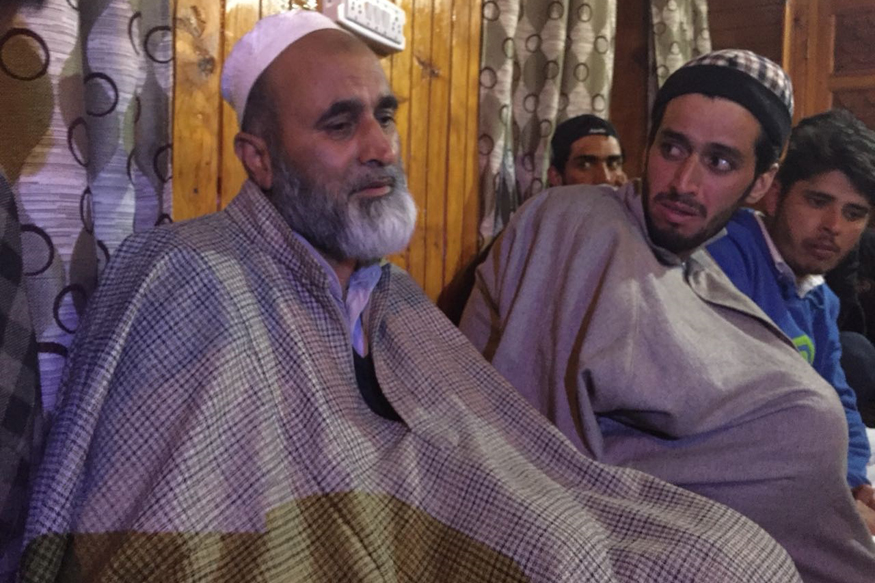 Bashir Ahmad Wani, father of Mannan Wani at his home in Tikipora village of North Kashmir’s Kupwara district.[/caption]
Bashir Ahmad Wani, father of Mannan Wani at his home in Tikipora village of North Kashmir’s Kupwara district.[/caption]
“I informed my wife and other family members about what was happening while giving them a faint glimmer of hope as the news was still unconfirmed. I pleaded that they remain calm,” says Bashir.
At around 7 am, the locals who had gathered at Bashir’s house suggested that he should approach the police for confirmation. “But the police refused to share any information regarding the matter,” he says.
Since people had already gathered in large numbers around his home, he contacted a friend of Srinagar, a journalist, who confirmed from a top police official about the killing of scholar-turned-militant Mannan Wani along with his aide in Handwara area of the district.
[caption id="attachment_426695" align="alignnone" width="640"]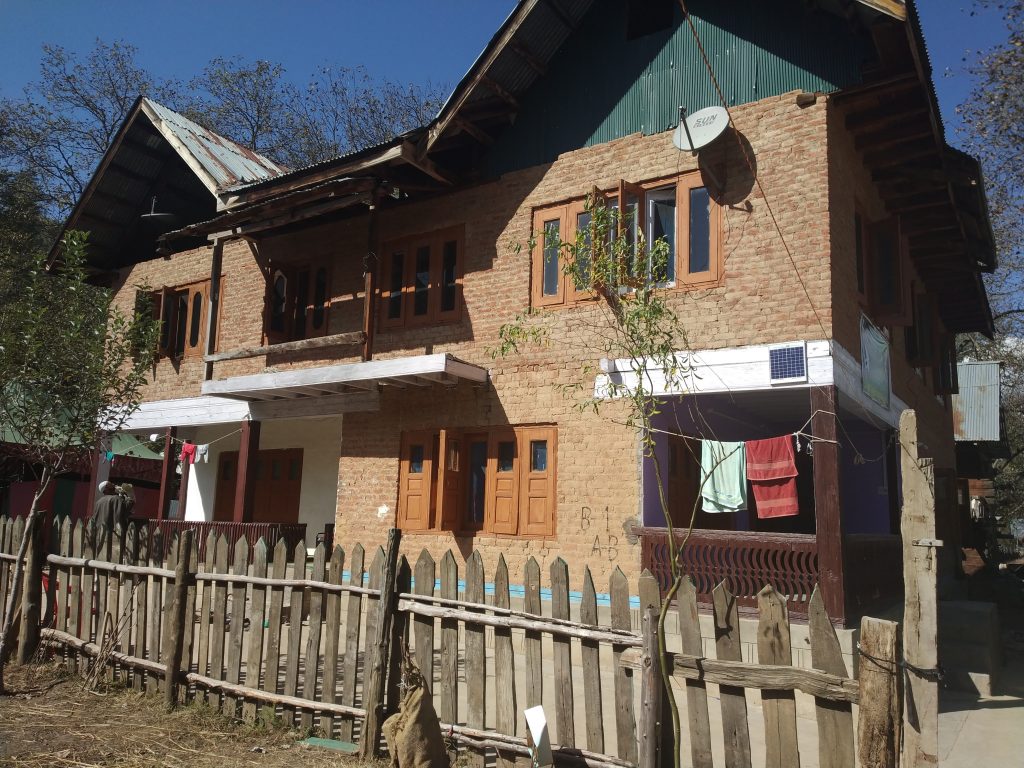 mannan Wani's house[/caption]
mannan Wani's house[/caption]
Filled with despair, Bashir approached the local police station in Takipora around 2 pm. To the family’s shock, the body of Mannan had already reached the station.
“They had even completed all the formalities by then and wanted us to bury him as soon as possible,” says Bashir, adding, “taking Burhan Wani’s funeral into consideration, they feared that Mannan’s funeral might also spark another uprising in the Valley.”
Amid pro-freedom and anti-India slogans, the body of the slain militant was finally brought to his native place. According to locals, around 70,000 people participated in the funeral prayers. The women were wailing; some beating their chest while the whole area reverberated with pro-freedom slogans. In Srinagar and other parts of the Valley, confusion ensued as the police officials maintained that “the news” of Manan’s death was baseless. By afternoon, however, the local media confirmed the killing of Mannan along with his aide.
The shopkeepers pulled down their shutters, offices were closed, people starting moving towards the safer places. Schools and colleges were also shut. In North Kashmir, the authorities had decided to close the educational institutions early in the morning.
The Jammu and Kashmir Police had taken every precaution and were well prepared to tackle any law and order situation that might arise.
“We deployed our men early in the morning in Kupwara district...all the roads leading towards the native village of the Mannan Wani were blocked, we ensured that minimum number of people would be able to participate in Mannan’s funeral,” said a top police official from the Kupwara district wishing anonymity as he is not authorised to speak to the media.
Talking to TwoCircles.net, the official said, “As soon as we got the confirmation about Mannan’s killing, we decided to disconnect his native village from the rest of the valley through additional security arrangements. We secured Army camps in the entire district. We ensured that Mannan’s funeral wouldn’t pass through the army camps. We also managed to send the body to the nearest police station of the village so that the funeral procession would be as short as possible. With a well-planned strategy, we succeeded in maintaining law and order in the district”.
“We have reports that around 6,000-7,000 people participated in the funeral prayers,” he says.
[caption id="attachment_426701" align="alignnone" width="640"]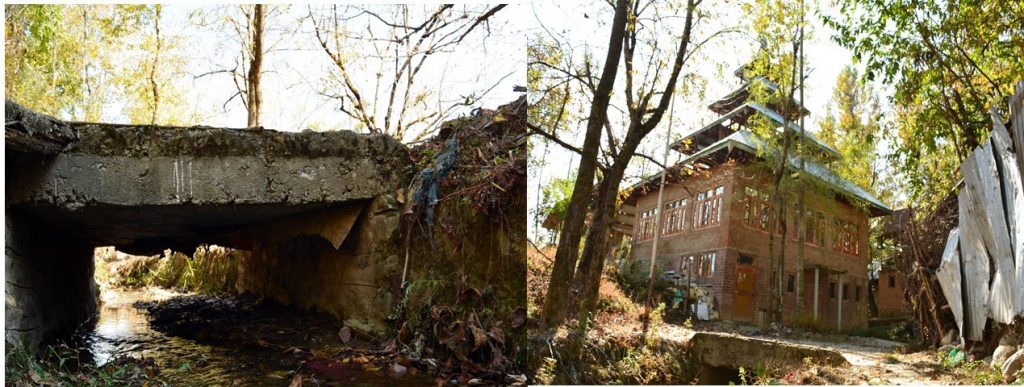 The place where Mannan Wani was killed in the encounter[/caption]
The place where Mannan Wani was killed in the encounter[/caption]
A joint team of forces killed Mannan Wani in Satgund village of Kupwara district along with another militant Ashiq Zargar. Police managed to keep the news of his killing under wraps till afternoon to thwart any law and order situation.
“He was a scholar which is why everyone expected a large number of people to participate in his funeral. Police detained hundreds of our guests including doctors, students who were on their way to offer funeral prayers and express solidarity with us, but despite that, some 50,000 people participated in his funeral,” says Bashir. He adds that the people were mostly from North Kashmir as the rest of the districts were still kept in confusion about the news.
It is important to point out while the locals and the family of Wani believe that over 50,000 people attended the funeral, officials quote a figure of just around 7,000. The discrepancy in number is also a clear indicator of how both sides of the conflict present their version, and it is only strengthened by the fact that the security forces were not content with stopping only civilians.
[caption id="attachment_426698" align="alignnone" width="960"]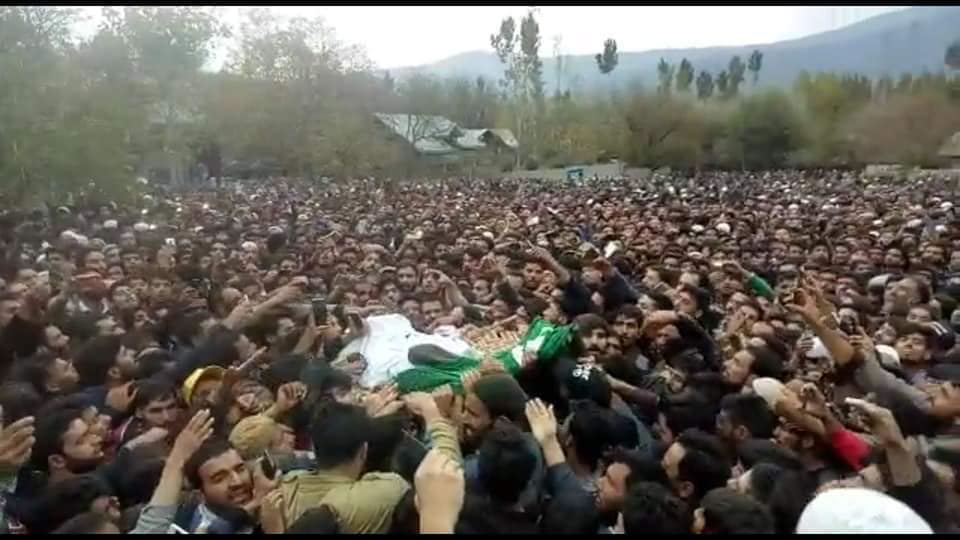 Mannan's funeral[/caption]
Mannan's funeral[/caption]
For the first time, they even went on to stop around a dozen journalists from covering Mannan’s funeral. Aakash Hassan, a journalist working with news18 told TwoCircles.net that he, along with a dozen other journalists, were stopped for over three hours by the Jammu and Kashmir police personnel at the Bab-e-Lolab. “We were detained for three hours, they (police) ensured that we don’t cover his funeral,” he added.
A senior Journalist who wished not to be named said, “Images of the funeral help keep the militants alive in the hearts of the people. This is why the Police didn’t allow media to cover his funeral.”
While sharing his thoughts regarding his son’s decision to join militancy, Bashir Ahmad says, “History is telling us something. There is an issue which needs to be addressed but our leadership has failed to do so.”
Bashir says harassment, identity card checking, frisking, summoning of youth to Police stations and search operations have become part of their lives. “One should understand that when youth have this kind of environment in the society, it will surely affect their way of thinking,”
While recalling an incident that affected him very much, Bashir says, “Mannan’s mother’s teeth were broken by Army during a protest in his village. That really distributed him and the incident kept haunting him for a quite long time.”
“He was once summoned by the Army in a nearby camp because of his curly hair. Imagine a youth is being questioned for having curly hair,” he adds.
“Then in 2009, when India hanged Afzal Guru, he started reading international politics. He would read more and more stuff related to International relations and Kashmir Politics. And the rest is history now,” says Bashir reflecting on the moments in Mannan’s life that turned him towards the gun.
“It was around 7 am when Mannan’s killing was circulated through social media but we couldn’t confirm the authenticity of the news. When authorities suspended the internet and educational intuitions were closed in the district, we thought something was wrong and we decided not to open our shops and instead began moving toward Mannan’s home,” says a shopkeeper Shabir Ahmad.
“We know there could have been a lot of causalities, so we decided to bury Mannan in our own graveyard rather than burying him in the martyr's graveyard, the route to which passes through an Army camp”, says Bashir's father with a sigh. And a day that began like every other day for Bashir and his family ended with his son, a promising scholar, buried. And thus ended the tale of a budding geologist whose pen wasn’t enough to protect him from the bullets that pierced his body.
[caption id="attachment_426696" align="alignnone" width="640"]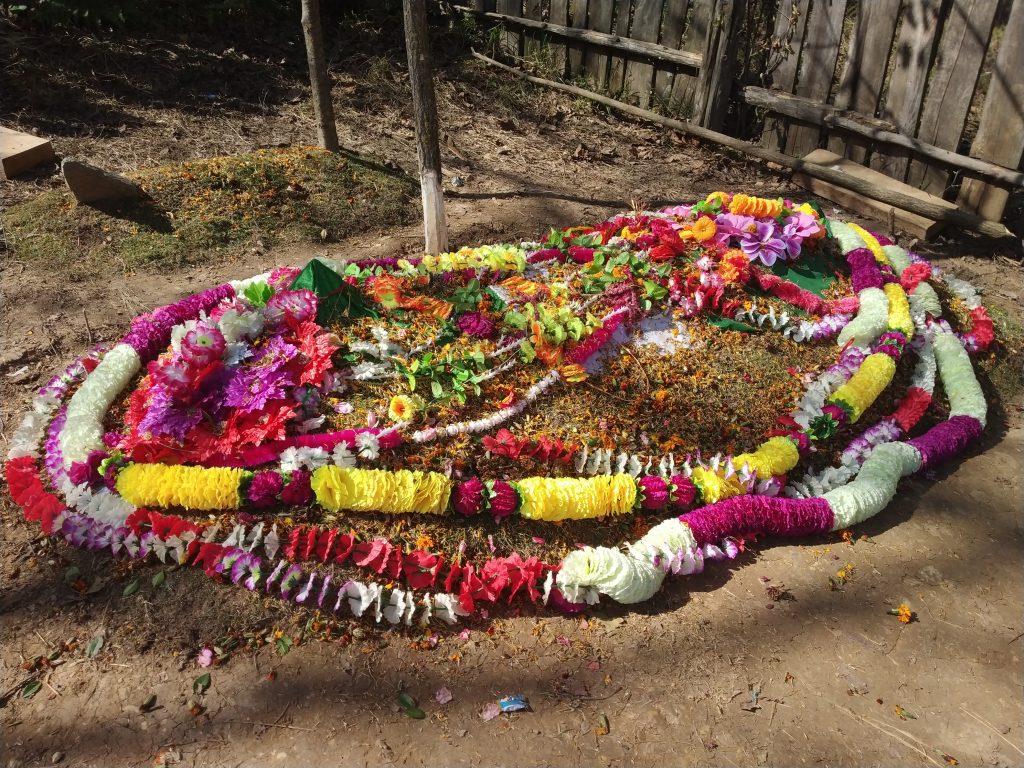 Mannan's grave[/caption]
Mannan's grave[/caption]
